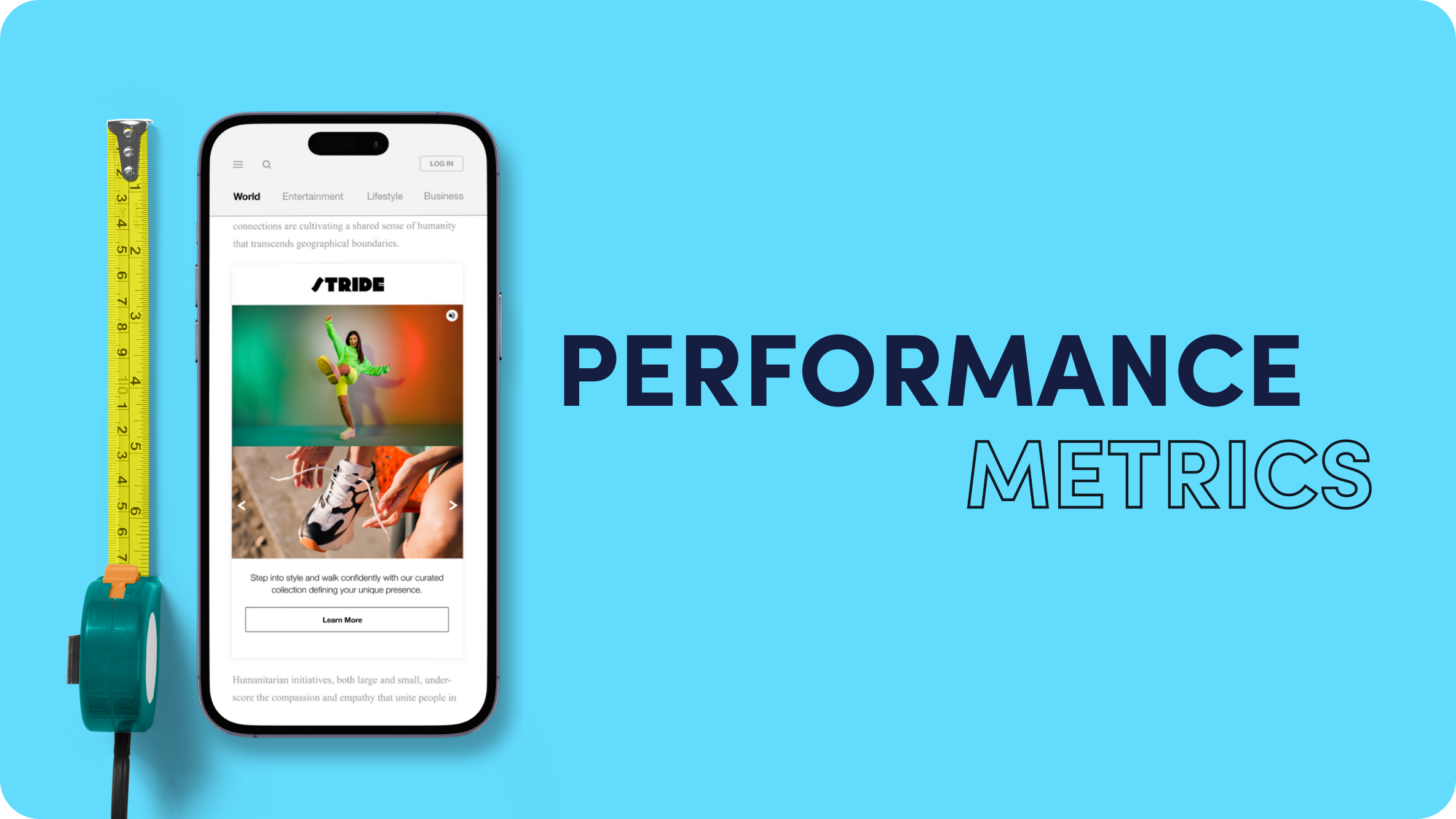Making money is not the only thing that makes a business great. It is true that gains are important, but they only tell a small part of the story.
There are more important measures than just the profit and loss statement that you need to look at to really understand how healthy your business is. These measures tell you a lot about your users, your workers, and how well your business is running as a whole.
A skilled Newport Beach bookkeeper can be very important for businesses because they can keep track of these important numbers and give businesses the financial information they need to make smart decisions.
At a certain point in time, profit and loss records show you how your money is doing. However, they are not detailed enough to show the bigger picture of how your business is doing. To get a full picture, you need measures that show your progress over time and point out places where you can improve and chances to grow.
Customer Lifetime Value (CLV).
Customer Lifetime Value (CLV) is one of these important metrics. CLV shows how much money a single customer has brought in over the course of their entire relationship with your business. You can find your most important customers and make your marketing more effective to get more of them by keeping track of CLV.
Cash Flow per Employee.
Cash Flow per Employee is another measure that is often forgotten. This number tracks how much cash each employee brings in. It is a clear sign of how productive employees are and how well the business is running.
Inventory Turnover.
Another important measure that needs your attention is inventory turnover. It checks how fast you sell your stock and get new ones. A high inventory turnover ratio usually means that the inventory is being managed well, so there is less chance of keeping things that have not been sold and wasting valuable capital.
Customer Acquisition Cost (CAC).
Customer Acquisition Cost (CAC) is a key measure for figuring out how much it costs to get new customers. By keeping an eye on CAC, you can see how well your marketing campaigns are working and make sure that your efforts to get new customers are paying off.
Customer Satisfaction.
Tracking Customer Satisfaction is just as important as tracking cash data. Customers who are pleased with your business are more likely to come back and even tell others about it. Keeping track of how satisfied your customers are helps you figure out what parts of your goods or services could use some work, which will improve the overall experience for your customers. 
Employee Productivity.
Another important indicator that is not always measured is employee productivity. Your employees are a valuable tool, and keeping track of how productive they are helps you get the most out of your staff and work more efficiently overall.
Key metrics can help you understand and grow your business.
By keeping an eye on these key measures on a regular basis, you can learn more about the strengths and flaws of your business. You can see what needs to be fixed, make choices based on facts, and keep track of your progress toward your business goals.
Even though the above measures are important, the best set of metrics for your business will depend on its type and market. The important thing is to find and keep track of the numbers that are most useful for your business goals and give you useful information about how things are running.
Do not be afraid to try out different measures until you find the ones that work best for you. The most important thing is to keep an eye on and study these measures on a regular basis so that you can fully understand your business and make choices that will help it grow and be successful.






















